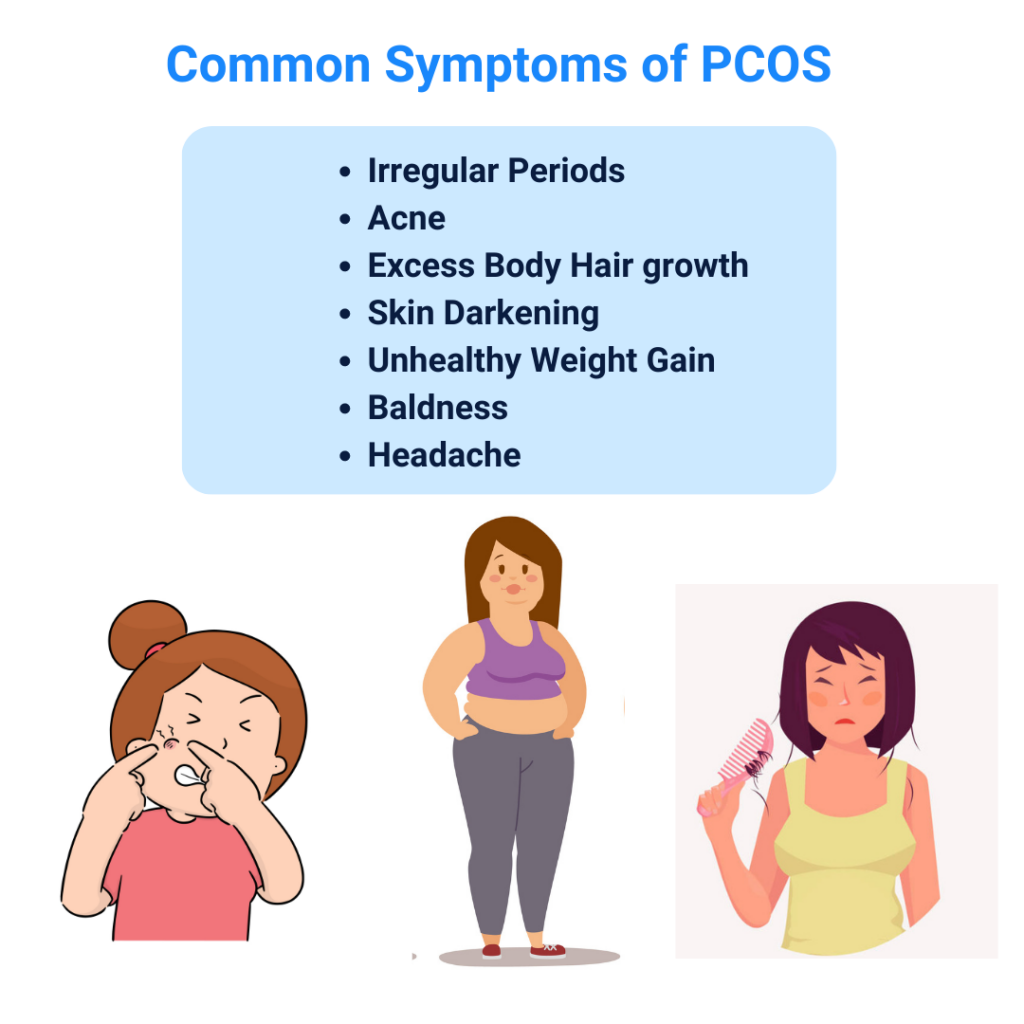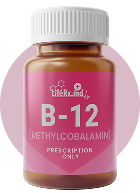Maximize Your GLP-1 Results: Get the Most Out of Your Weight Loss Journey
GLP-1 has taken the weight loss world by storm. This glucagon-like peptide-1 (GLP-1) receptor agonist, initially prescribed for type 2 diabetes, offers significant benefits, including remarkable weight loss. At LifeRx.md, we recognize that while GLP-1 is a powerful tool, it’s just one piece of the puzzle. To fully unlock its benefits, it’s crucial to adopt a comprehensive approach that includes a balanced diet, regular exercise, and healthy lifestyle choices. By integrating these elements, you can maximize your weight loss results and achieve long-term success.
Let’s dive deep into the science behind GLP-1 weight loss effects and explore proven strategies to amplify your results by delving into the importance of a balanced diet, regular exercise, and essential lifestyle adjustments, all working in synergy with GLP-1 to help you achieve your weight loss goals.
Understanding GLP-1’s Impact on Weight Loss
GLP-1 plays a crucial role in regulating appetite, blood sugar control, and gut hormones. Here’s a breakdown of how GLP-1 can support weight loss:
- Reduced Appetite: Research suggests that GLP-1 increases satiety (feeling full) and decreases hunger, leading to a natural reduction in calorie intake.
- Slowed Digestion: GLP-1 can slow down the emptying of your stomach, promoting feelings of fullness for a longer duration.
- Increased Insulin Sensitivity: GLP-1 improves your body’s ability to utilize insulin, promoting better blood sugar control and potentially reducing cravings for sugary foods.
- Reduced Fat Storage: Studies indicate that GLP-1 may influence how your body stores fat, potentially leading to a decrease in visceral fat (belly fat).
Optimizing Your Weight Loss Journey with GLP-1
While GLP-1 offers significant benefits for weight loss, it’s essential to understand that these benefits are maximized when combined with a healthy lifestyle. Here are key strategies to ensure the best results:
Embrace a Balanced Diet:
- Focus on Nutrient-Dense Foods: Prioritize whole foods like fruits, vegetables, lean proteins, whole grains, and healthy fats. These foods provide essential nutrients while keeping you feeling satisfied.
- Limit Processed Foods: Processed foods are often loaded with calories, unhealthy fats, and added sugars, which can hinder weight loss efforts.
- Portion Control Matters: Be mindful of portion sizes. Use smaller plates, and focus on slow, mindful eating to avoid overconsumption.
- Stay Hydrated: Drinking plenty of water can curb cravings and promote feelings of fullness.
LifeRx.md can connect you with qualified healthcare personnel who can create a personalized meal plan to support your weight loss goals and complement your GLP-1 benefits.
Incorporate Regular Physical Activity:

Exercise is a non-negotiable for successful weight loss and overall health. Here’s why:
- Boosts Metabolism: Physical activity increases your body’s calorie expenditure, helping you burn more calories throughout the day.
- Builds Muscle Mass: Muscle burns more calories at rest than fat, so incorporating strength training can enhance your metabolism and weight loss efforts in the long run.
- Improves Mood and Energy Levels: Exercise releases endorphins, which have mood-boosting effects and can combat fatigue often associated with weight loss.
Start with activities you enjoy, whether it’s brisk walking, swimming, cycling, or dancing. Gradually increase the intensity and duration of your workouts as your fitness level improves. At LifeRx.md, our experts provide personalized exercise plans to complement your medical weight loss program. These tailored routines are designed to enhance the effectiveness of your treatment, ensuring you achieve the best possible outcomes on your weight loss journey.
Prioritize Quality Sleep:
Sleep deprivation can disrupt hormones that regulate appetite and metabolism. Aim for 7-8 hours of quality sleep each night to optimize your weight loss journey. Here are some tips to improve sleep hygiene:
- Establish a Regular Sleep Schedule: Go to bed and wake up at consistent times, even on weekends.
- Create a Relaxing Bedtime Routine: Take a warm bath, read a book, or practice relaxation techniques to unwind before bed.
- Optimize Your Sleep Environment: Ensure your bedroom is cool, dark, and quiet.
Manage Stress Effectively:
Chronic stress can lead to increased cortisol levels, a hormone known to promote fat storage, particularly around the belly. By managing stress effectively, you can help regulate cortisol levels and create a more favorable hormonal environment for weight loss. Here are some techniques to consider:
- Mindfulness and Meditation: Mindfulness practices like meditation and deep breathing can help calm the mind and reduce stress hormones.
- Relaxation Techniques: Explore relaxation techniques like yoga, progressive muscle relaxation, or spending time in nature to promote feelings of calm and well-being.
- Strong Support System: Surround yourself with positive and supportive people who encourage your weight loss goals.
- Therapy: Consider seeking professional help from a therapist if stress is overwhelming and hindering your progress.
Address Underlying Medical Conditions:

Certain medical conditions, such as hypothyroidism or polycystic ovary syndrome (PCOS), can contribute to weight gain. If you suspect an underlying condition, consult with your doctor to get a proper diagnosis and treatment plan. Addressing these conditions can significantly improve your weight loss efforts.
- Hypothyroidism: The thyroid gland produces hormones that regulate metabolism. An underactive thyroid (hypothyroidism) can slow down your metabolism, making it more difficult to lose weight. Symptoms of hypothyroidism can include fatigue, weight gain, hair loss, and feeling cold.
- Polycystic Ovary Syndrome (PCOS): PCOS is a hormonal disorder that affects ovulation and can lead to weight gain, irregular periods, and excess androgen (male hormone) levels. Androgen imbalances can contribute to insulin resistance, making it harder for your body to regulate blood sugar and potentially leading to weight gain.
- Cushing’s Syndrome: This condition results from excess cortisol production in the body. Cortisol, as mentioned earlier, can promote fat storage and weight gain. Symptoms of Cushing’s syndrome may include weight gain around the midsection, easy bruising, stretch marks, and mood swings.
- Sleep Apnea: This sleep disorder disrupts your breathing throughout the night, leading to sleep deprivation and hormonal imbalances. Sleep apnea can contribute to insulin resistance and increased appetite, making weight loss challenging.
- Depression: Depression can affect appetite regulation and motivation to exercise, leading to weight changes. Some medications used to treat depression may also cause weight gain as a side effect.
The Consistency Factor: Unlocking Long-Term Success
GLP-1 combined with a healthy lifestyle, can be a powerful tool for achieving significant and sustainable weight loss. Remember, consistency is vital. By incorporating these strategies into your daily routine, you’ll be well on your way to maximizing your weight loss results and achieving a healthier you.
LifeRx.md: Your Partner in Weight Loss
At LifeRx.md, we understand that weight loss is a journey, not a destination. We are committed to providing you with the resources and support you need to succeed. In addition to connecting you with qualified healthcare practitioners, we offer informative articles, helpful resources, and a supportive community to empower you on your weight loss journey.
Conclusion
GLP-1 is a valuable tool for weight loss, but it’s not a magic bullet. By combining GLP-1 with a balanced diet, regular exercise, quality sleep, effective stress management, and addressing any underlying medical conditions, you can unlock its full potential and achieve significant, long-lasting weight loss. Remember, consistency is critical. Make these healthy habits a part of your lifestyle, and you’ll be well on your way to a healthier, happier you.




















